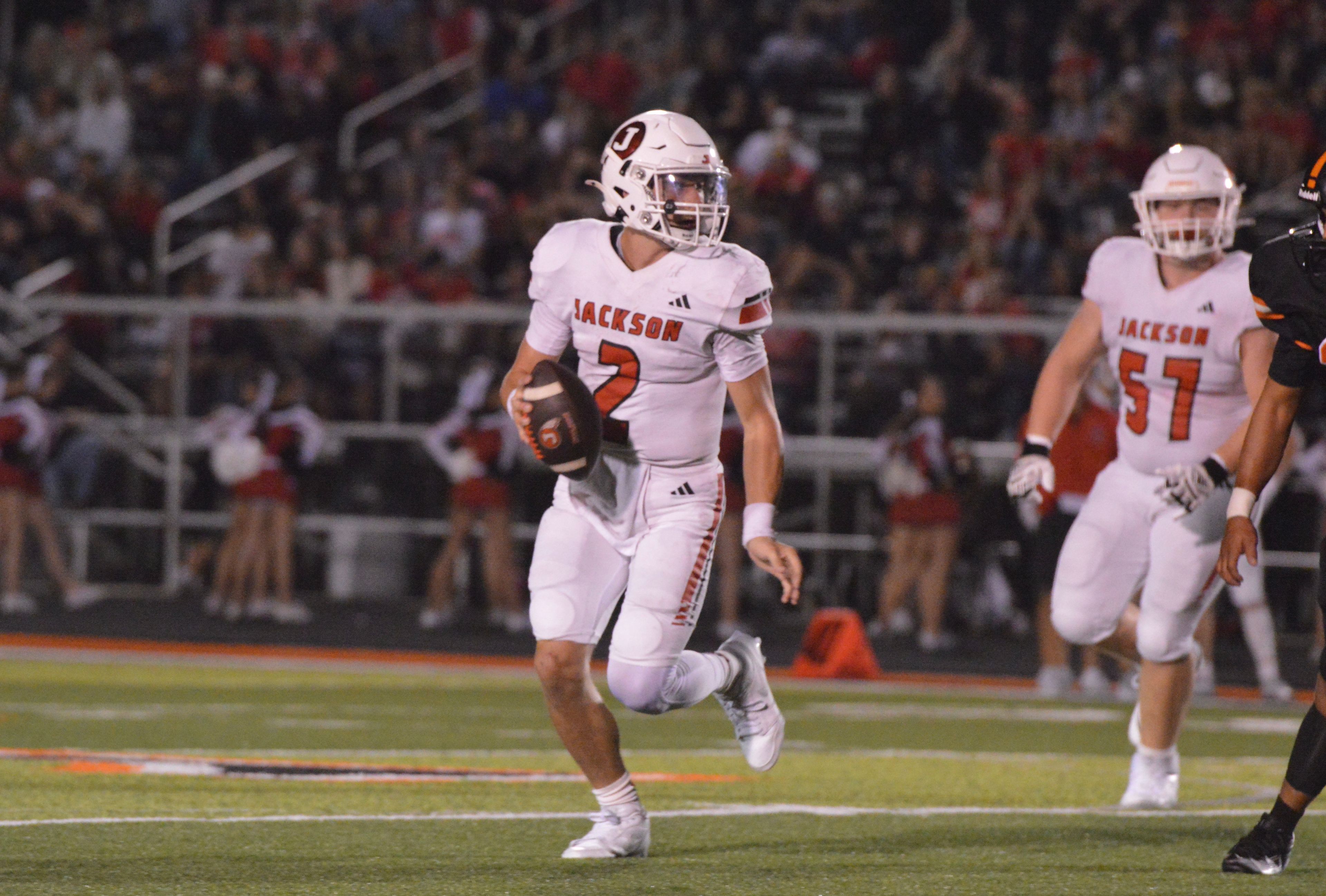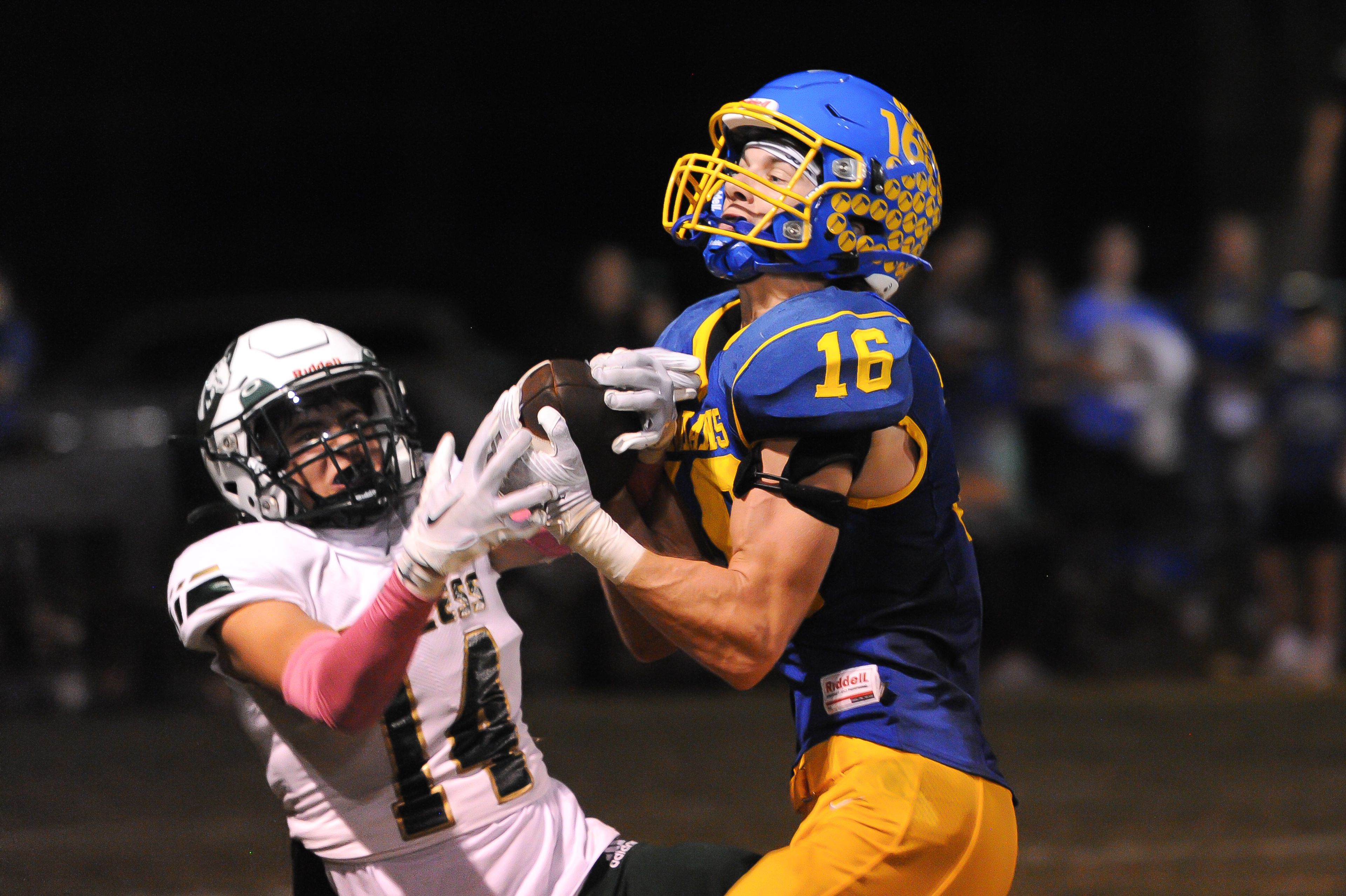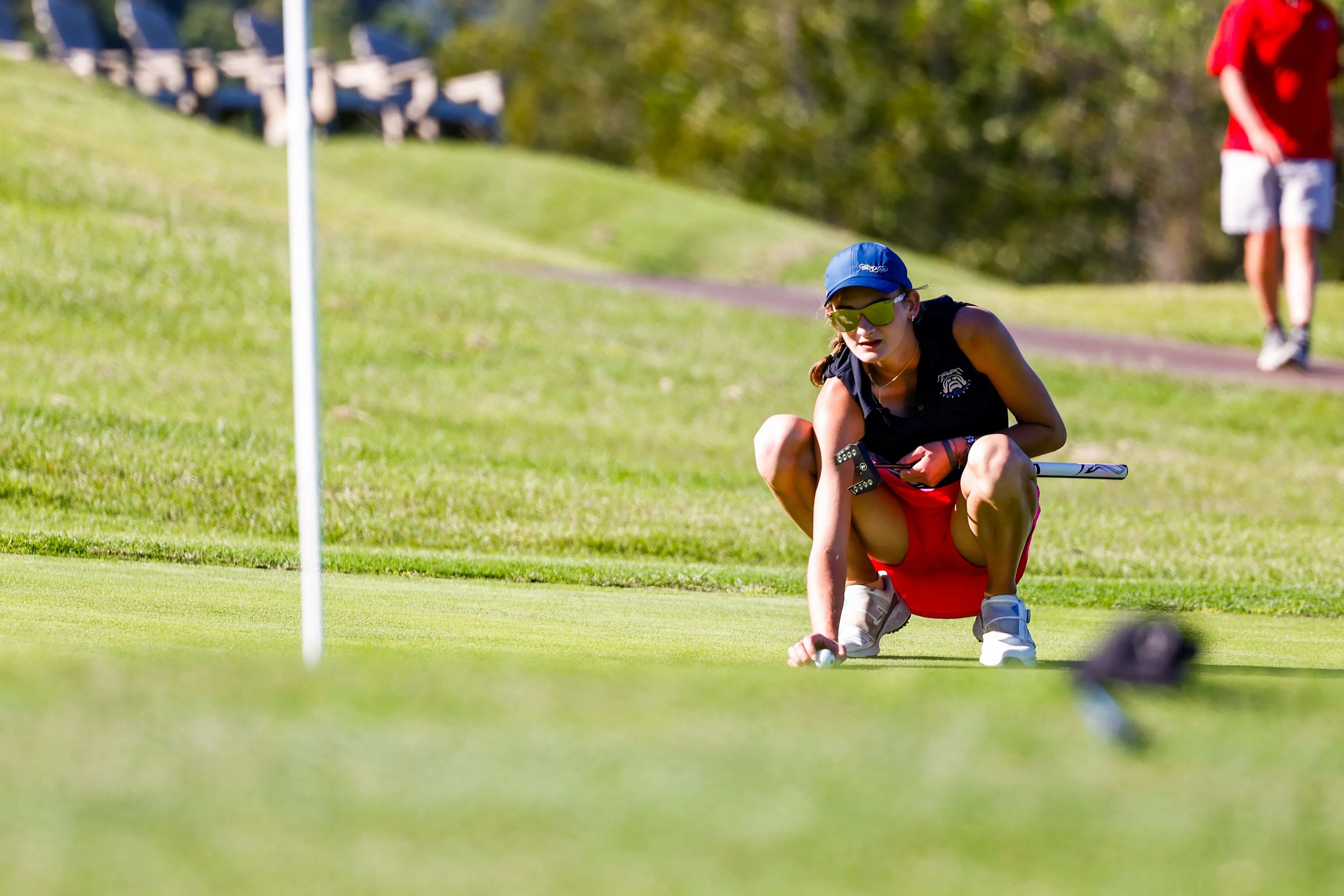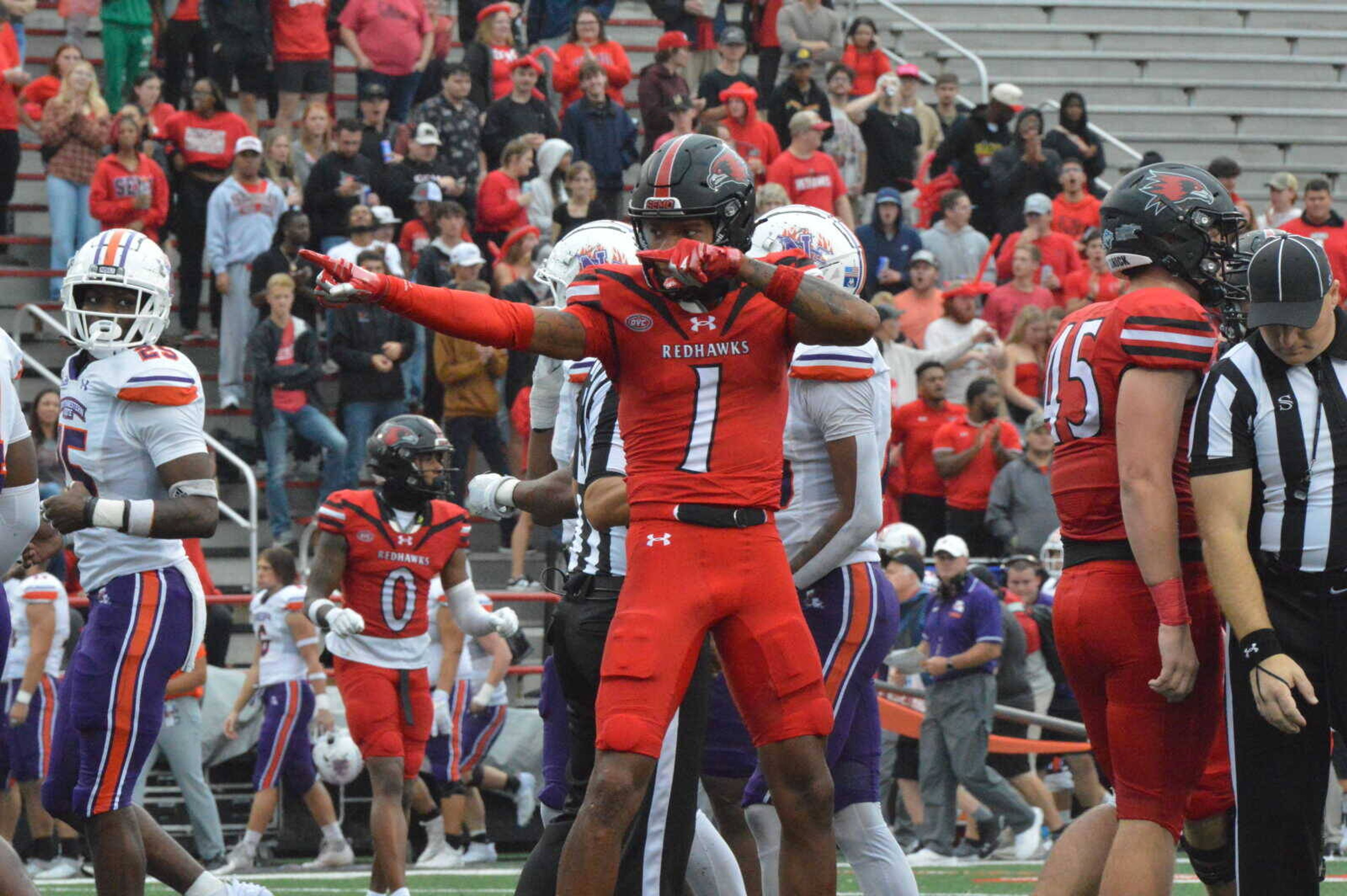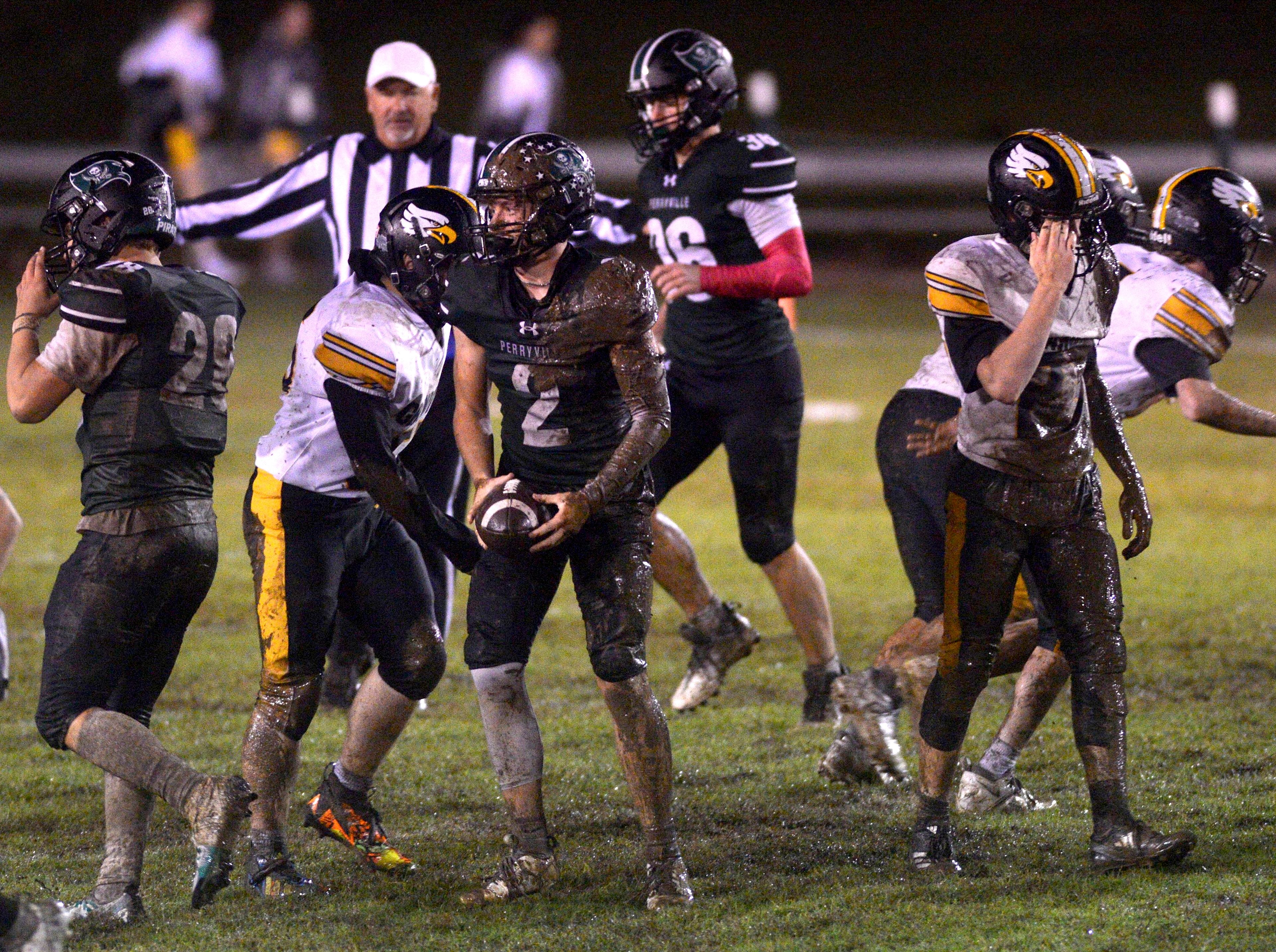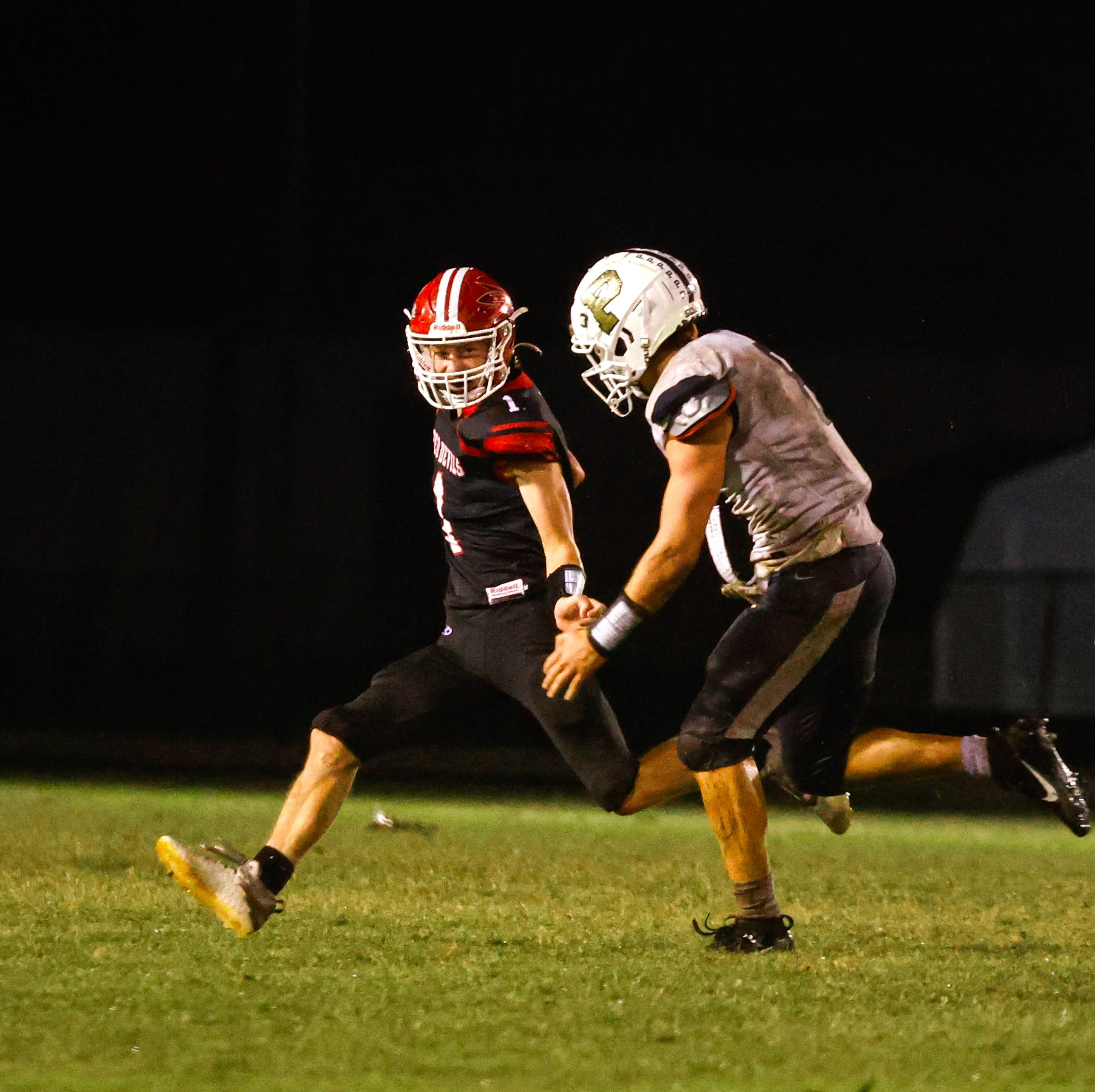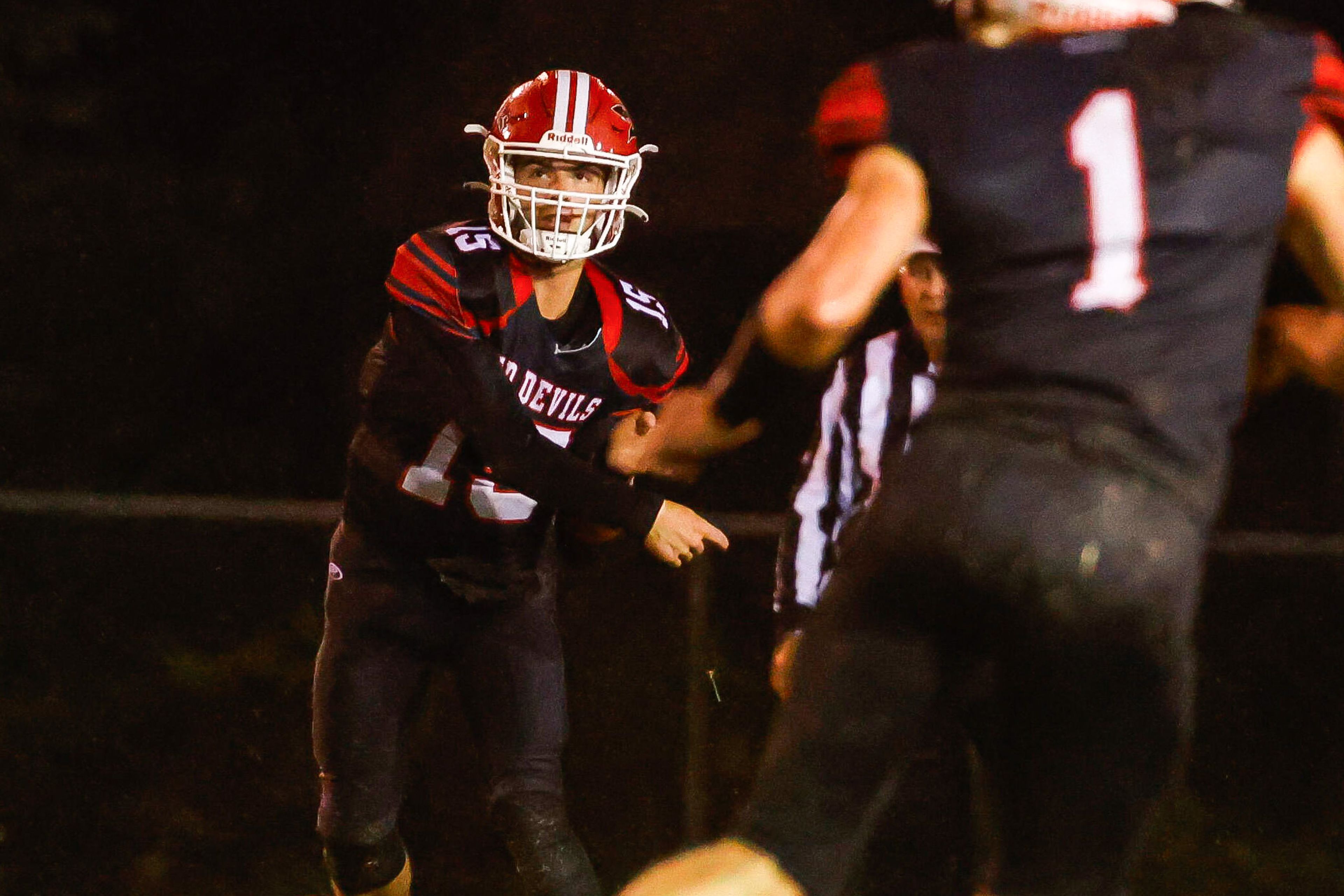LONDON
A buyer pays a record $220,850 at auction for a jersey worn by Pele, soccer's greatest player. TV contracts are enriching teams. Players and fans can't wait for the World Cup to start.
Two months before its biggest tournament kicks off in South Korea and Japan, soccer appears buoyant.
And yet, the world's most popular sport also has plenty of problems. The candidates for the game's most powerful job are bracing for a bitter mudslinging war. Some teams are on the brink of bankruptcy.
Players are cheating to get penalties or get their opponents sent off. Some have tested positive for drugs. The game remains a platform for violence, racism and corruption.
Sepp Blatter, president of the sport's world governing body, FIFA, is fighting allegations of bribery and financial mismanagement as he seeks re-election. Cameroon's Issa Hayatou, backed by Blatter's critics, has entered the race to try to unseat him in the May 29 election in Seoul, South Korea.
Blatter has been accused of covering up a $300 million loss resulting from last year's financial collapse of FIFA's marketing arm, ISL.
FIFA's accountants put the loss at $30 million and insist the shortfall has been met. But Blatter's critics say he has borrowed millions against projected revenue from the 2002 and 2006 World Cups to make up the true debt.
Blatter has called an extraordinary congress for the eve of the presidential vote to answer questions on FIFA's finances from Hayatou and two of Blatter's chief critics -- South Korea's Chung Mong-joon and Lennart Johansson, president European soccer's governing body.
Blatter has also faced renewed allegations that his supporters bought votes to ensure his election victory over Johansson in 1998.
Blatter has denied all the accusations, but Hayatou's supporters have said they won't be silenced and the presidential campaign has turned nasty.
Blatter has threatened to dilute Europe's influence in FIFA, claiming that Johansson's group has too much power. Johansson countered by calling Blatter's proposals a "recipe for disaster."
While clubs such as Manchester United and Real Madrid are getting richer thanks to TV, merchandise and sponsorship revenue, many other teams face extinction.
The 72 clubs outside England's Premier League were promised $440 million over three years by ITV Digital for coverage of their games. When the TV franchise collapsed Wednesday less than halfway into the deal, the clubs were still owed $250 million. A third of the lower division clubs could go now go bust in what has been described as the greatest crisis in English soccer history.
On the field, FIFA's "Fair Play" policy is increasingly being ignored.
Players frequently try to trick referees into awarding penalties and free kicks when they are not fouled. FIFA has instructed officials to show players yellow cards for "diving" -- feigning injury.
Games frequently turn ugly. Players are sent off for elbowing or head-butting each other in the face. A wild post-match brawl between players and officials of AS Roma and Turkey's Galatasaray in the Champions Cup resulted in the home club being forced to play its next European game away from Rome.
In England, there had been encouraging signs that crowd violence had been almost eradicated since the bad days of the 1970s and '80s, but the so-called "English disease" clearly remains active.
Rival fans use cellphones to set up gang fights in the streets near the stadium. Fans have hurled coins, bottles, cigarette lighters -- even meat pies -- at players and officials on the field. Liverpool's Jamie Carragher, who threw a coin back into the stands, was lucky to have escaped with only a fine.
Fan violence, sometimes fatal, happens almost weekly in Italy and Argentina. It's a problem even in China, where spectators set fire to stadium seats, attacked police and torched police vehicles after a last-minute penalty was called against a local team.
A referee was attacked in Athens and badly injured by home fans at the Panathinaikos-Olympiakos game. The fans believed his decision to award a last-minute penalty to Olympiakos was part of a conspiracy to help the rival club win the league title.
World Cup organizers will be on full alert for hooligans in South Korea and Japan.
Racism and xenophobia appear to be spreading, with fans in England, Italy and France among the worst offenders in shouting abuse, holding up offensive banners and making racist gestures.
Black players such as Lilian Thuram of France and Patrick Mboma of Cameroon have been among those targeted. Fans of the Italian team, Lazio, have even directed abuse at their own player, Fabio Liverani, the first black to be selected for the Italian national team.
But racism is not restricted to the fans.
Three Spanish league players -- Alaves' Argentine defender Fabio Coloccini, Zaragoza striker Juanele Castano and Las Palmas midfielder Angel Lopez -- have been charged by the Spanish federation with insulting Malaga's Dutch midfielder Kizito Musampa, who is black.
Drunken and violent behavior by players off the field has also stained the game.
Leeds United stars Lee Bowyer and Jonathan Woodgate went on trial in the beating of an Asian student after a night of heavy drinking. Bowyer was acquitted, but Woodgate was convicted of fighting and lost his place on England's World Cup squad.
Several other English league players got into trouble in bars and clubs recently, including Chelsea's John Terry, who faces assault charges for allegedly attacking a bouncer with a bottle.
While violence and soccer have been synonymous for decades, positive drug tests are comparatively new, despite the two that shamed Argentine superstar Diego Maradona in the early 1990s.
Some big names, including Dutch stars Frank de Boer, Jaap Stam and Edgar Davids, Portugal's Fernando Couto and Spain's Josep Guardiola, served suspensions after testing positive for the banned steroid nandrolone. All protested their innocence.
It's a far cry from the days of Pele, who helped Brazil win three of its record four World Cup titles and played on the team that mesmerized Italy 4-1 in the 1970 final.
Roberto Rosato, an Italian defender given the run-around that day, swapped shirts with Pele after that final. He became $220,000 richer on Wednesday when the jersey was auctioned off at Christie's in London.
For one day at least, it rekindled memories of better days -- of Pele and his "beautiful game."
Connect with the Southeast Missourian Newsroom:
For corrections to this story or other insights for the editor, click here. To submit a letter to the editor, click here. To learn about the Southeast Missourian’s AI Policy, click here.
